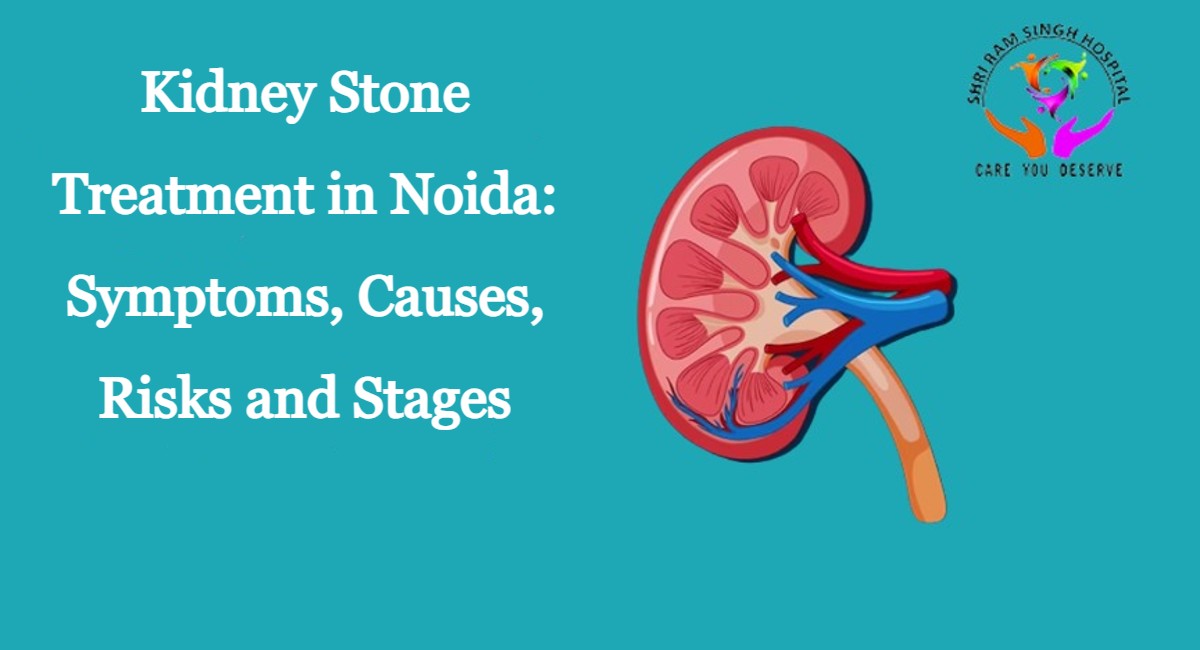As we age, our bodies undergo various changes, and the kidneys are no exception. Kidney diseases in the elderly can have significant impacts on overall health and well-being. At Shri Ram Singh Hospital, we’re dedicated to providing comprehensive care and guidance for elderly patients dealing with kidney-related issues. Let’s explore the symptoms, risks, and treatment options for kidney diseases in the elderly.
Kidney Diseases Symptoms
1. Fatigue and Weakness
Persistent fatigue and weakness may be early signs of kidney dysfunction, as the kidneys play a vital role in maintaining energy levels and overall vitality
2. Swelling and Fluid Retention
Fluid buildup, especially in the legs, ankles, and around the eyes, can indicate impaired kidney function, leading to inadequate fluid regulation.
3. Changes in Urination Patterns
Frequent urination, especially at night, blood in the urine, and difficulty in urination are signs that the kidneys may not be filtering waste properly.
4. High Blood Pressure
Elevated blood pressure is both a symptom and a risk factor for kidney diseases. The kidneys play a key role in regulating blood pressure, so their dysfunction can lead to hypertension.
Kidney Disease Risks1. Aging
As we age, the efficiency of our kidneys naturally decreases. This makes elderly individuals more susceptible to kidney diseases.
2. Diabetes and High Blood Pressure
These two conditions are the leading causes of kidney disease. Proper management is crucial in preventing kidney complications.
3. Heart Disease
Heart conditions can impact blood flow to the kidneys, potentially leading to kidney disease.
4. Family History
A family history of kidney disease can increase one’s risk. Regular check-ups and screenings are advisable for those with a familial predisposition.
Kidney Disease Stages
Stage 1: Kidney Damage
In this initial stage, there may be kidney damage, but it doesn’t significantly impact function. Early detection and intervention are vital at this stage.
Stage 2: Mild Decline
Kidney function is moderately reduced, but the patient may still not exhibit noticeable symptoms.
Stage 3: Moderate Decline
This stage sees a noticeable reduction in kidney function, which can lead to a range of symptoms.
Stage 4: Severe Decline
At this stage, kidney function is significantly impaired, and medical intervention is crucial to prevent further decline.
Stage 5: Kidney Failure
Also known as end-stage renal disease (ESRD), this is the most severe stage, requiring dialysis or kidney transplant for survival.
Kidney Disease Treatment
1. Medication Management
Certain medications can help manage symptoms and slow the progression of kidney disease. Our expert team at Shri Ram Singh Hospital tailors medication plans to individual patient needs.
2. Dialysis
For patients with advanced kidney disease, dialysis becomes necessary to remove waste and excess fluids from the body. Our state-of-the-art dialysis center ensures optimal care.
Read This Blog For More Info: Best Dialysis Center Near Me
3. Lifestyle Modifications
A healthy lifestyle, including a balanced diet, regular exercise, and blood pressure management, can significantly impact kidney health.
Conclusion
Kidney diseases in the elderly require specialized care and attention. At Shri Ram Singh Hospital, we’re committed to providing top-notch care for elderly individuals dealing with kidney-related issues. By recognizing symptoms, understanding risks, and exploring treatment options, we aim to enhance the quality of life for our patients. If you or a loved one are facing kidney-related challenges, don’t hesitate to reach out to us for expert guidance and personalized care. Your well-being is our priority.

